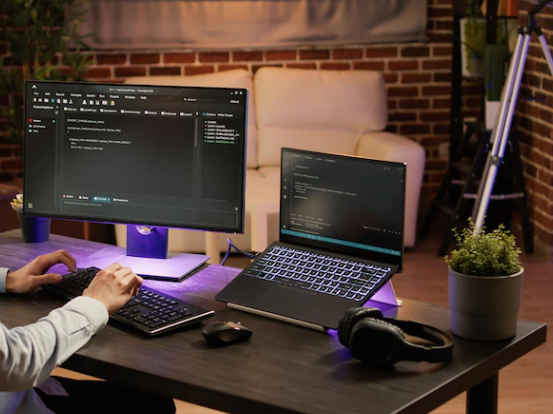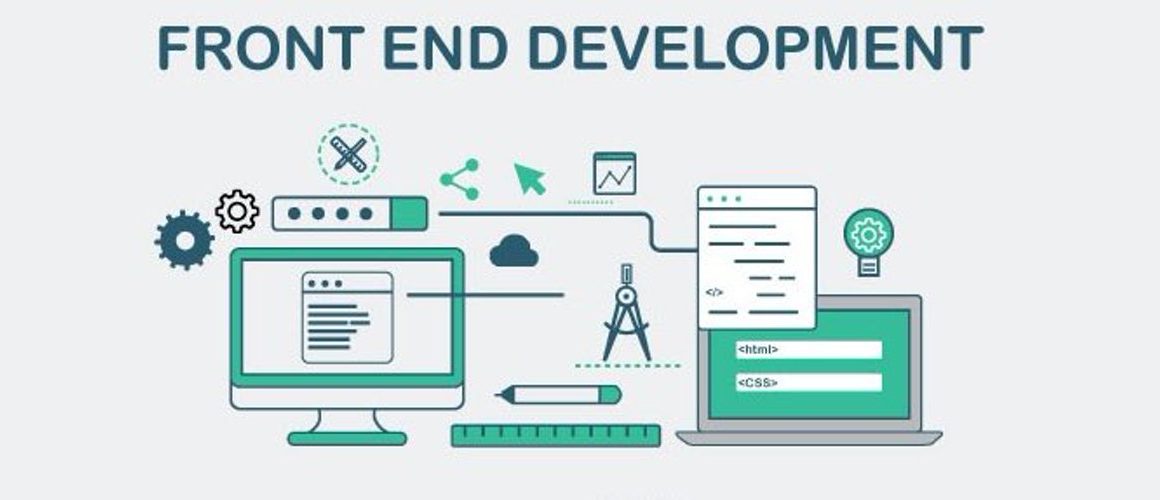There were times when people had to be forced to stand in line for hours in the waiting rooms. In these waiting rooms, a lot of time was typically squandered, which was tedious. Even older people use the solutions catered for the new generation of users. Mobile apps are one of the best things about current technology. The majority of difficulties can be solved by using these mobile apps. They are now tackling the problems in the healthcare sector and offering the best solutions. Collaborate with the custom web application development company to get the solution for health care.
What are web apps?
Web applications also referred to as web apps, are programs downloaded via the internet from a remote server. A web app is meant for interaction, unlike a website, which is only meant to exchange information. Examples of web apps include word processors, shopping carts, editors, and online forms.
Benefits of Web apps in Health care Industry
Smart Point-Of-Care Coordination
Point-of-care coordination is one of the very first advantages of mobile health. A few years ago, after being discharged from an acute condition, it was difficult for a patient to remember the medications, follow-up procedures, etc. Medical errors can also occur due to improper communication, ambiguous product names, and misinterpreting the product’s use instructions. On-demand healthcare web apps are dynamically altering the situation to reduce confusion. Health professionals and doctors can communicate with patients about medicine, diagnosis, and follow-up procedures using these applications. In addition, patients might be observed to see if they comprehended the instructions.
Reduced Costs
Introducing a web app in the healthcare sector is an excellent way to lower costs for patients because many chores may be completed through the app itself. Patients can also view the prices in real time when communicating with the hospital via an app. As a result, they will receive a final price that won’t shock them or their families because they have time to prepare a budget. Also Read: Best Web App Languages in 2022
No need to visit doctors
The world is your oyster in our digital age, where cell phones and fast internet connections are available everywhere. People can access mobile phones even in distant locations with inadequate medical facilities. The ability to contact the doctor without having to go is made possible by the availability of smartphones in such isolated regions. With the aid of an app, everything can be completed quickly, and they can even get medications online. Additionally, healthcare applications occasionally offer the user a variety of important healthcare suggestions that are very helpful.
Centralized Data System
Costs associated with developing healthcare software can be greatly justified by having access to all patient data in one place. Electronic health records now allow for data access by professionals worldwide. They can better comprehend the family’s history, past medical history, and much more, allowing them to make well-informed treatment recommendations. Doctors can give better care in much less time because of this integrated data recording method.
Less Paperwork
Hospital executives are weary of sorting through mountains of paperwork and no longer want to spend their time filling out endless paper forms. These files can be digitized and retrieved instantly, thanks to healthcare software. Filling out paperwork electronically is not just more practical. Additionally, the likelihood of losing any documentation is greatly reduced because it is simpler to locate and consult any given file in the future.
Reduced the risk
In the past, we heard numerous instances where patients were forced to endanger their lives as a result of a diagnostic error. All of these scenarios, which could have been fatal for any patient, have been ruled out by healthcare applications. They are even able to save the patient’s notes using cloud storage options. Even healthcare professionals are capable of accurately recording patient data and submitting all required information without making mistakes.
Improved Health Services
With the help of technology, consumers may easily get the most recent information in any area of interest. Here, users of web applications can get information on recent developments in the field of medicine. Additionally, it is possible to follow developments in certain medical fields. You can keep up with these updates as a patient or a healthcare practitioner to learn about any medical advancements. With increased knowledge, patients are more equipped to request alternative therapies or change their dietary habits.
Additionally, medical professionals can use web apps as a platform to analyze data from thousands of patients and offer forecasts or suggestions for future therapies. The app’s ability to track treatment outcomes is a great tool for assisting medical professionals in crucial therapeutic decisions. Those in need receive better care due to less congested hospitals because mobile apps may deliver fast information and enable people to seek solutions before rushing to the doctor’s office.
Hassle-Free Payment
In the past, paying bills was a laborious process involving patients and the medical staff. Thanks to web applications, people no longer have to spend hours in line only to pay for healthcare services. Users may make immediate payments securely with only a few clicks, thanks to the app’s highly secure payment gateway integration. Additionally, they can choose their preferred payment option, pay online (using a debit or credit card), and, if necessary, connect with their insurer via apps.
Conclusion
These are some examples of how web apps are used in the healthcare sector. The healthcare sector is undergoing a profound shift. With ease and patient comfort, doctors are currently treating patients effectively. The use of a healthcare app is justified for several reasons, you ca get your custom web app from custom web applications development company. They simplify difficult jobs and aid in making wise decisions. The apps have already revolutionized the healthcare sector, and as technology advances, many more functions can be anticipated soon.



